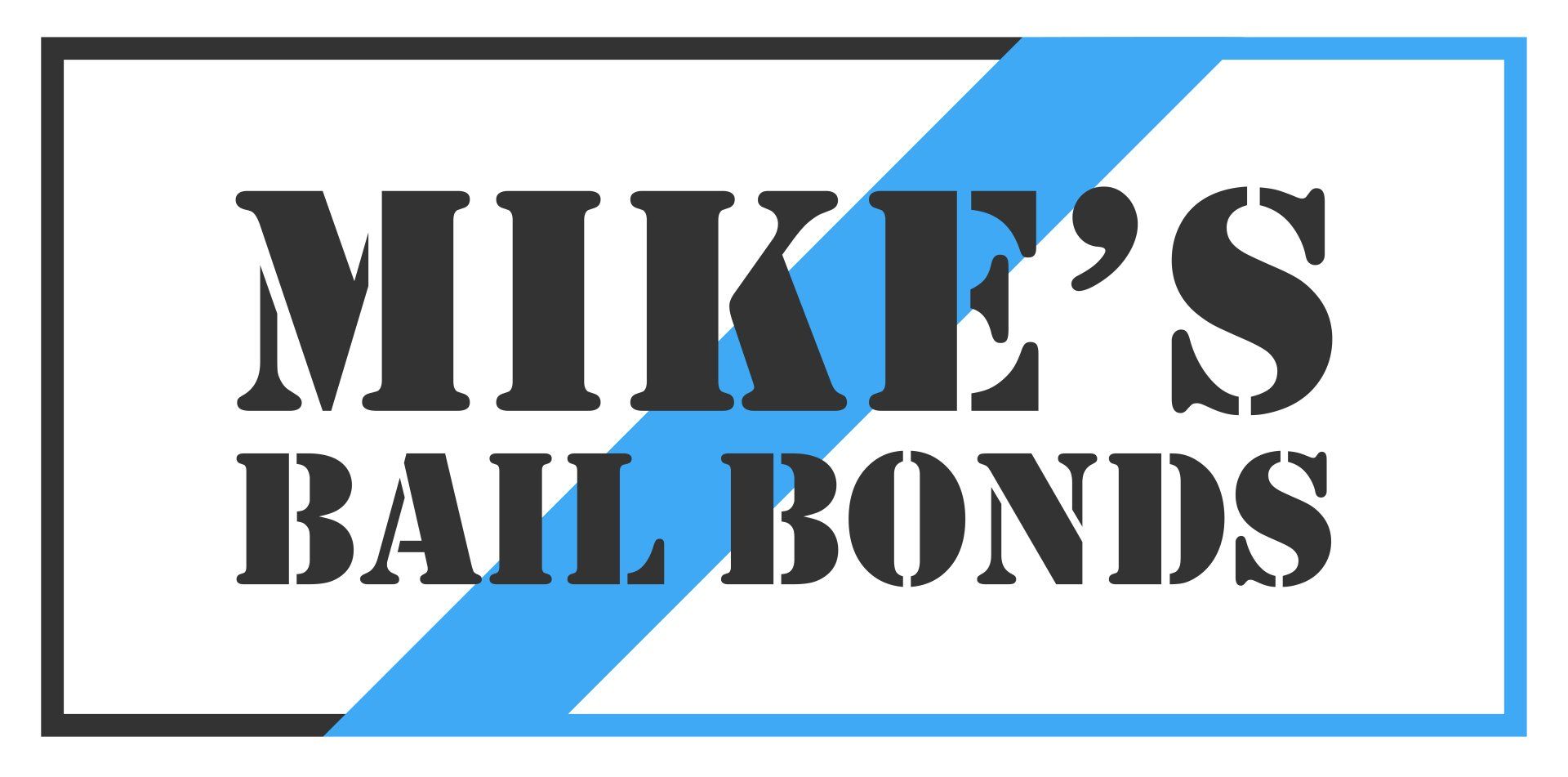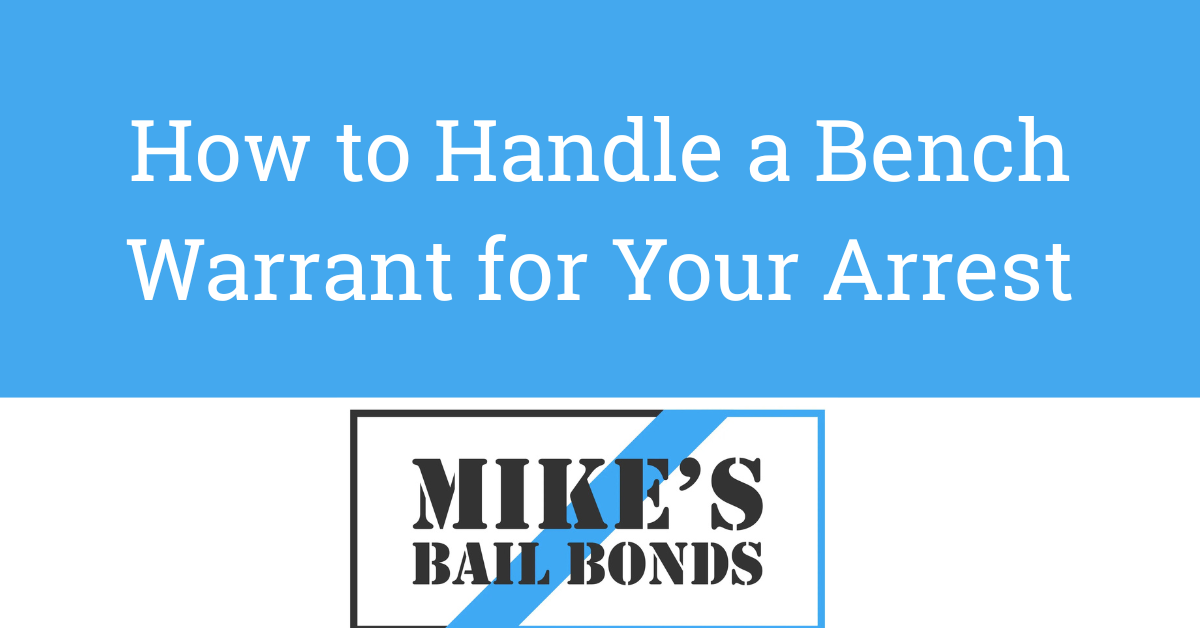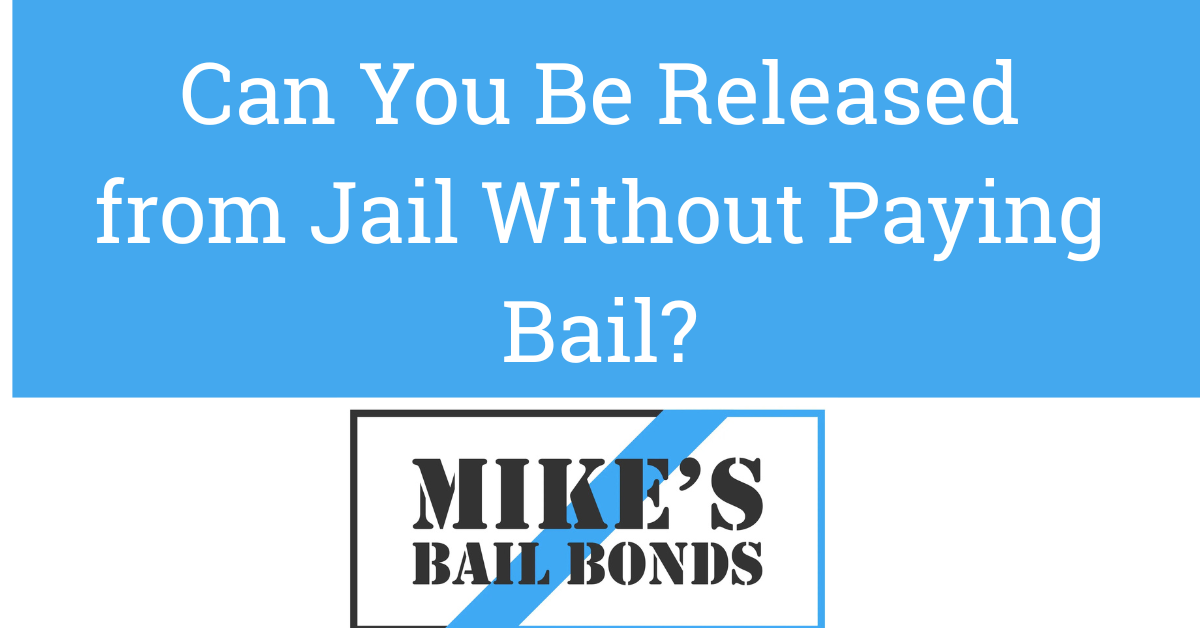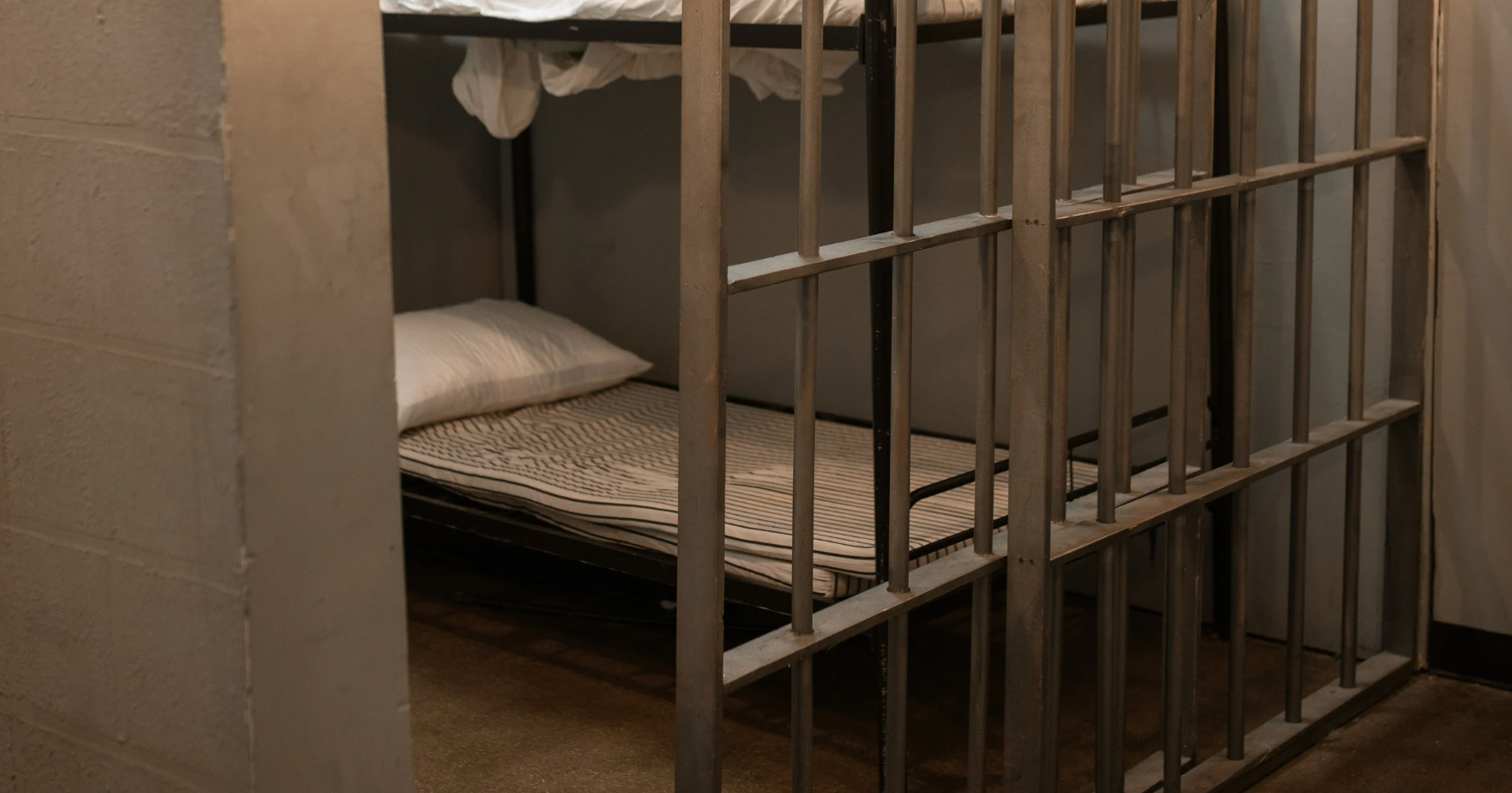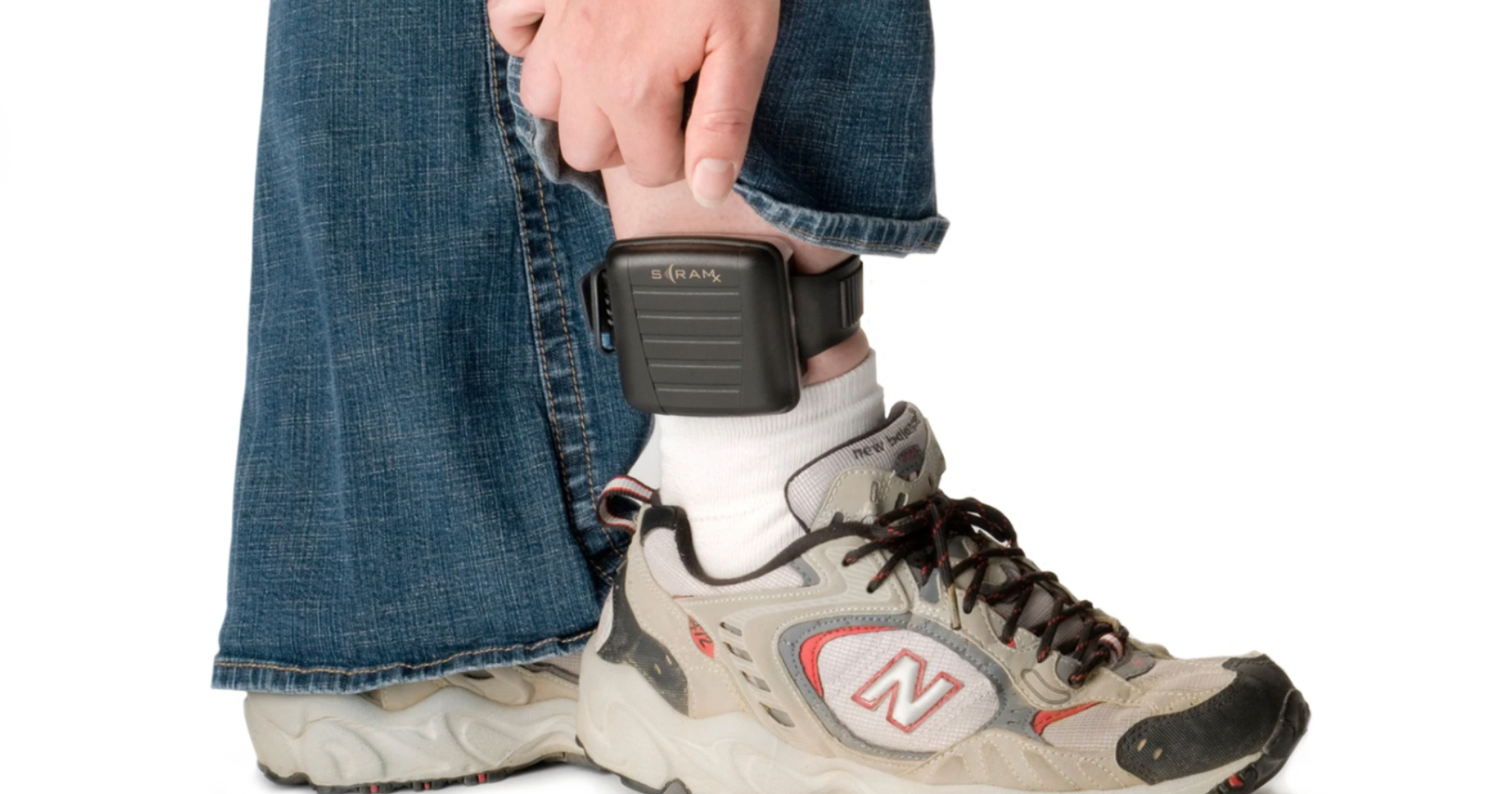Blog

When a loved one is arrested, it’s natural to feel overwhelmed and unsure of what to do next. One of the most common questions we get at Mike's Bail Bonds is: "What can inmates bring with them to jail?" Whether you're preparing for a short stay or helping a family member transition into custody, understanding what is allowed — and what is not — can ease a lot of anxiety.

If you or a loved one has been arrested, one of the first major events in the legal process is the bail hearing. For many people, it’s an intimidating experience filled with uncertainty. At Mike's Bail Bonds, we believe that understanding what happens at a bail hearing can ease a lot of that anxiety and help you feel more in control of the situation.

If you or a loved one used a Hartford bail bondsman to get out of jail, you might wonder what happens if your case is dismissed. Does this mean you get your money back? Unfortunately, even if your case is dropped, you are still responsible for paying the bail bond fee. Here’s why and what you need to know.
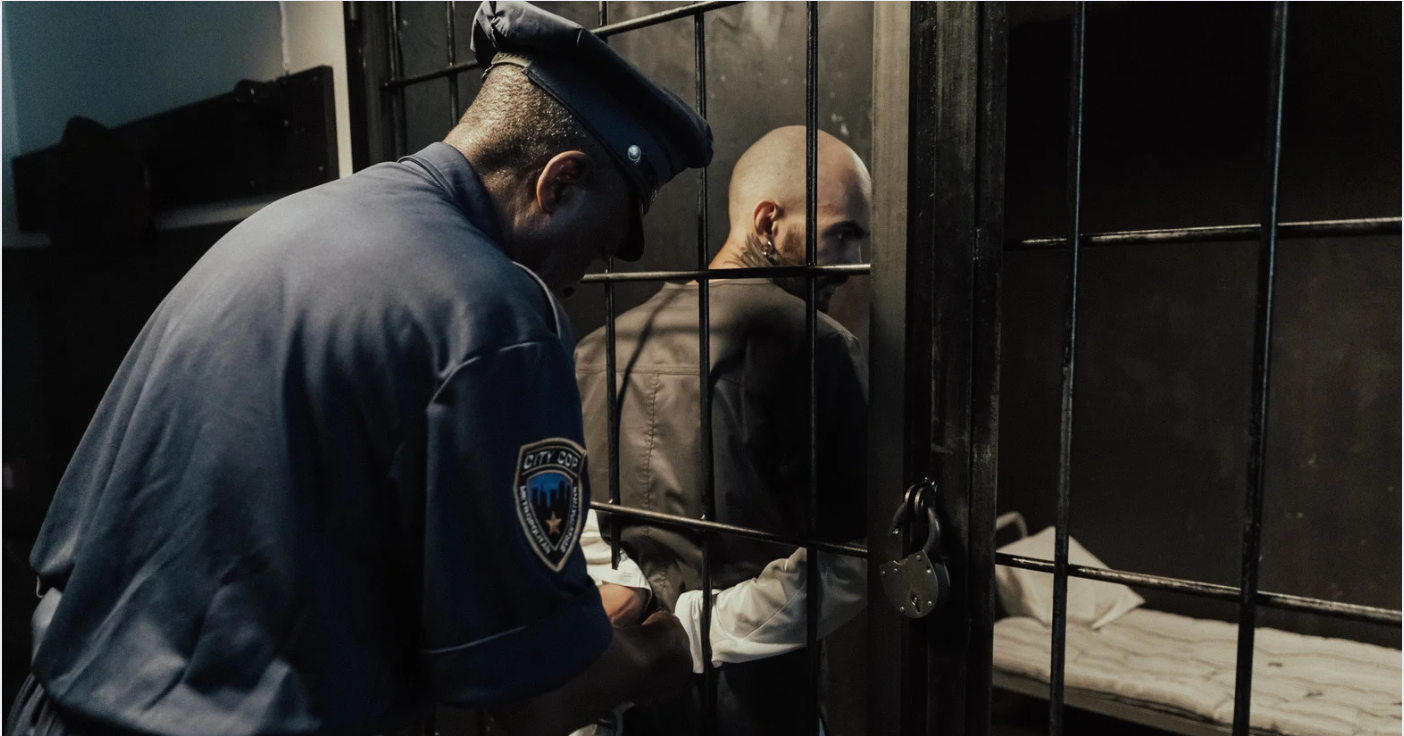
If you have an active arrest warrant, ignoring it will only make matters worse. Turning yourself in the right way can help you avoid additional charges, reduce jail time, and even secure a faster release. With the help of a Hartford bail bondsman, you can prepare for the process and minimize time spent in custody. Here are the key steps to turning yourself in:
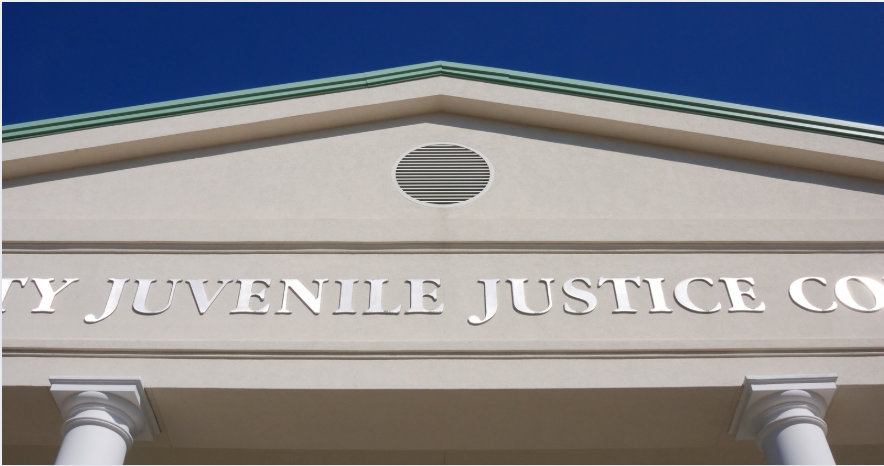
One of the biggest concerns for families of young offenders is whether a juvenile can be sent to adult prison. In most cases, minors are processed through the juvenile justice system, which focuses on rehabilitation rather than punishment. However, there are circumstances where a juvenile can be charged as an adult and sentenced to an adult prison.
